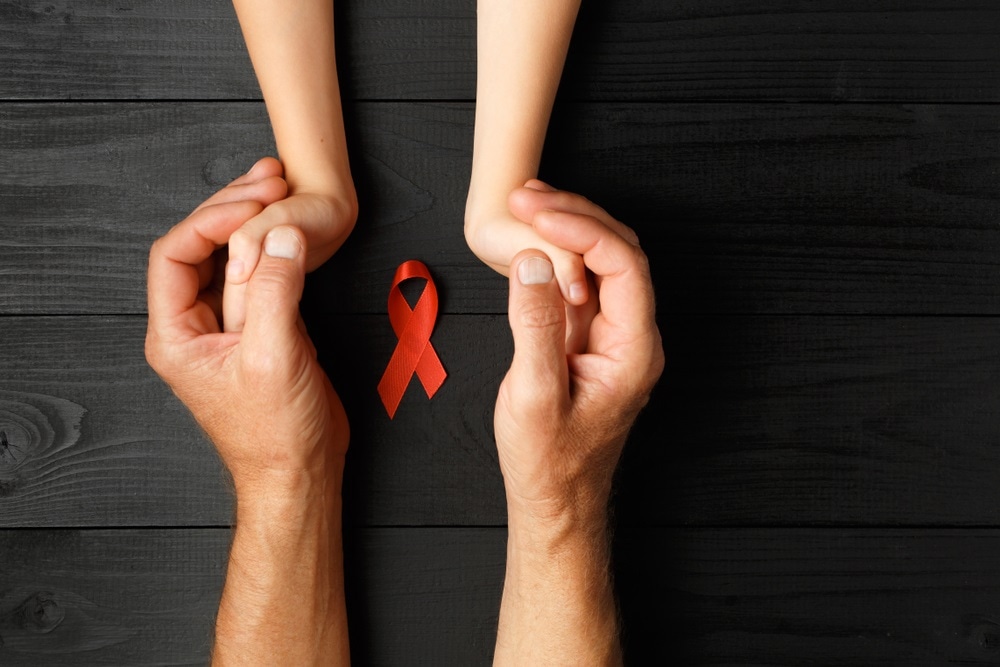Around the world, roughly 160,000 babies are born each year with HIV transmitted by the parent, and each year around 80,000 babies and toddlers die from AIDS. While there are treatments currently available to treat infants, these medicines suffer major limitations in that they need to be kept cold, which is incredibly difficult in some of Africa’s poorest regions, where the crisis is more prevalent.
 Image Credit: Alexxndr / Shutterstock.com
Image Credit: Alexxndr / Shutterstock.com
The medicine also usually comes in the form of a foul-tasting syrup with alcohol or as a pill which is difficult to swallow, resulting in the infants often vomiting the medicine or not being able to take it at all. Fortunately, a solution may have been developed in the form of a new, strawberry-flavored, granule-form medicine.
The drug overcomes limitations of previous medicines
Last month, it was announced that a new pediatric drug formulation had been developed. The drug has been created in the form of small grains that can be mixed with milk or sprinkled on baby cereal, offering a more palatable way to take the vital medicines.
The medicine was specifically developed to overcome the problems associated with the currently available drugs. It contains the four recommended antiretroviral drugs but does not need refrigeration. Furthermore, it is more easily ingested because it is granulated.
Previous medicines had to be swallowed as a whole tablet and were not effective if ground into a powder or they had to be taken as a syrup that had a lingering foul-taste that caused babies to spit up the medicine often. It is expected that the drug may save the lives of thousands of children annually.
Proving medicine to the poorest communities
The company is already well respected in the field of AIDS treatment. Around 20 years ago, they made AIDS drugs accessible to the masses by pricing them at just $1 a day, the same price-tag that the drug will carry.
The development will address the fact that 160,000 children are born each year with an HIV infection. Data shows that this is most often happening in the poorest regions of Africa, demonstrating the need for a better treatment option that is accessible to this demographic.
Not having to refrigerate the medicine was a major need for people in these areas where there is often no electricity to run refrigerators, and currently, medicines are frequently kept in wet sand or dirt in an attempt to keep it cool.
The drug is still awaiting approval from the Food and Drug Administration, but if this comes through, it is expected that the World Health Organization will rapidly provide certification for its use. This could happen by May 2020.
Clinical trials underway
Research is currently underway to test the new medicine on HIV-infected infants in Uganda. The clinical trials are being run by a research arm of Doctors Without Borders, known as Epicentre, with the hopes to prove the benefits of the medicine to African health ministries.
Given that the currently available medicine option must by squirted into the infant’s mouth with a syringe and administered separately for each of the four drugs, or, alternatively, four pills can be swallowed, the benefit of the granular medicine is evident.
Being able to mix the medicine, which encompasses all four necessary drugs, will make it much easier to administer the medicine successfully to children, preventing fatalities that result from failing to medicate them.
Experts believe that the new formulation represents a major advance in treating pediatric HIV. However, some pediatric HIV specialists remain frustrated as they cannot prescribe some of the newest and most effective drugs because there is little clinical evidence to determine how safe they are for use with infants.